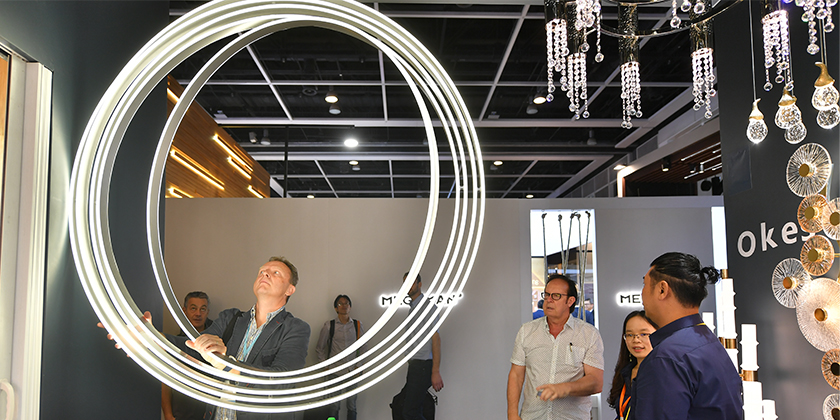Le mentorat

Qui soutenez-vous? Demande Michelle Branigan. D’après des études de Ressources Humaines Industrie électrique du Canada portant sur le manque de diversité dans l’industrie électrique a mis la lumière sur certains défis et succès reliés aux politiques organisationnelles pour attirer, recruter et retenir les femmes dans l’industrie. Avec l’exode prévu d’une importante partie de la main-d’œuvre avec l’arrivée de la retraite et moins de 5 % de femmes dans les métiers électriques (25 % dans l’industrie en général), l’embauche dans ce groupe sous-représenté devient une priorité. Il est essentiel de développer une culture organisationnelle qui encourage à la fois le leadership et les initiatives d’employés qui jouent un rôle actif pour mettre en place un environnement qui valorise l’arrivée des femmes.
Feedback from Electricity Human Resource Canada (EHRC) research into the lack of diversity in the electricity industry has shed interesting light on the challenges and successes associated with the attraction, recruitment and retention of women in the sector. With the expected exodus of much of the workforce to retirement, and less than 5% of women working in the trades (and only 25% industry wide), engaging this under-represented group is a priority.
There is a real need to develop a corporate culture that encourages both leadership and employees to take an active role in supporting an environment that values and supports women. Then, employers need to move from discussion to action.
The women we spoke to during our recent research indicated that mentorship and sponsorship is critical to support women as they enter and progress in their electrical careers. Many women noted that it was the support and interest that key individuals (both male and female) showed to them during their initiation into the sector that allowed them to adapt and gain confidence in their new roles. These women suggested that without the help of mentors they would not have stayed within the sector.
Not only does this emphasise the importance of the process, but demonstrates that men are often part of the solution. It is critical that men be champions for women’s equality and for promoting women into the types of positions traditionally seen as male oriented. Changing the mindset of men in the workplace, especially those who are responsible for hiring and training, will make a real difference when it comes to long lasting systemic change. In my own profession I have been lucky to have a number of mentors, both male and female, who encouraged and supported me as I developed both the skills and confidence to advance my career. Those who do jump into the mentor role need to be aware of the commitment required to do it well, and the need for honesty at all stages of the relationship.
The benefits of mentoring – for both mentor and mentee – are immense. Those being mentored have a link to women who can offer real perspective on the job and the industry, and an avenue to further networks. Mentors also provide advice, guidance, and a safe place to share ideas and get honest feedback on a myriad of topics.
In this sector, where many jobs are spread across wide geographical areas and you may be the only woman on a crew, havingthe ability to reach out to a mentor can make the difference between leaving and staying in that job. But regardless of your job – in the field, in the office or somewhere in between – having someone in your corner, who will push and encourage you to succeed, is an investment in your future.
Those in the mentoring role have an opportunity to share their experiences and build their own leadership, management and communications skills. They can learn too from the fresh perspectives of their mentee. And for many, the opportunity to feel like they are making a difference in someone’s life is reward enough.
So, who are you supporting?
Michelle Branigan is CEO, Electricity Human Resources Canada;http://electricityhr.ca.










